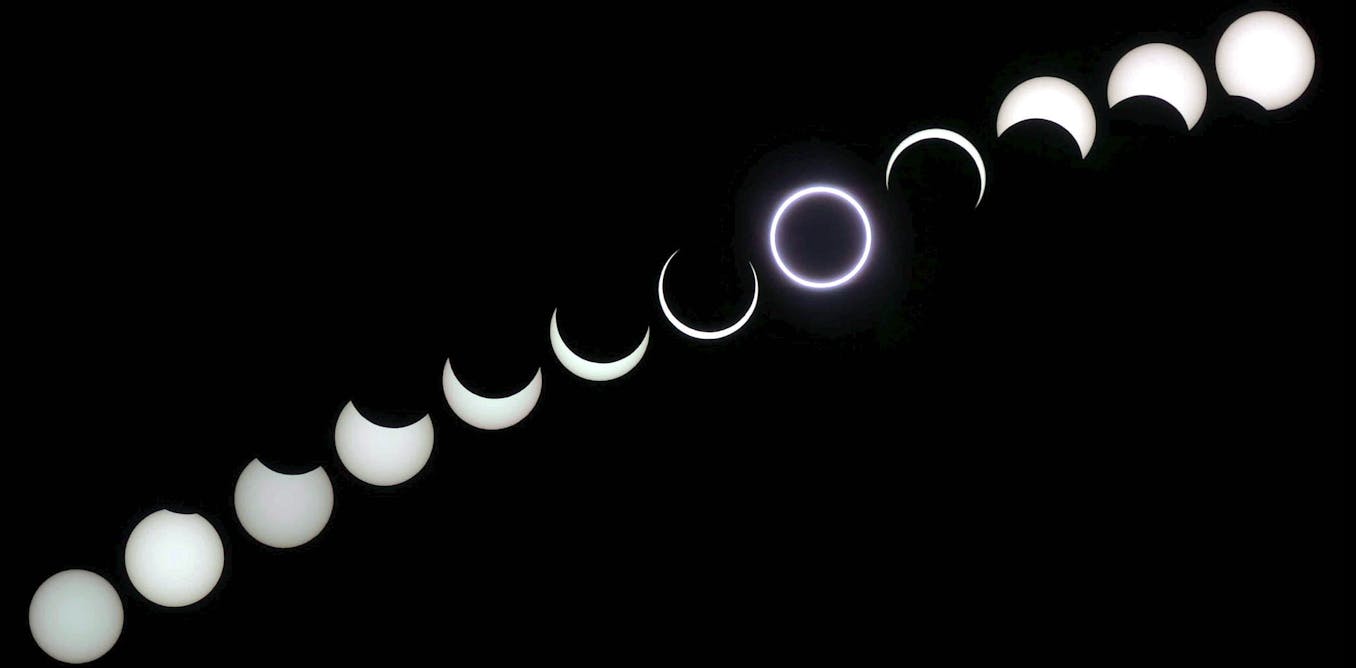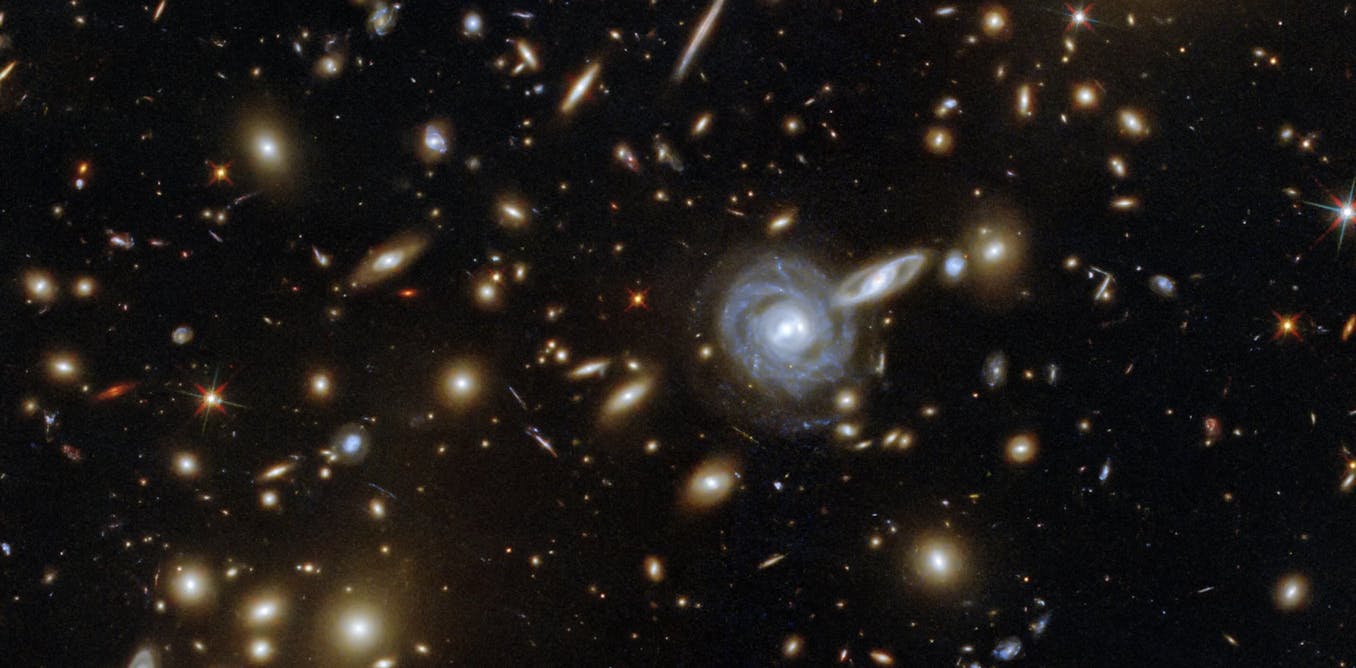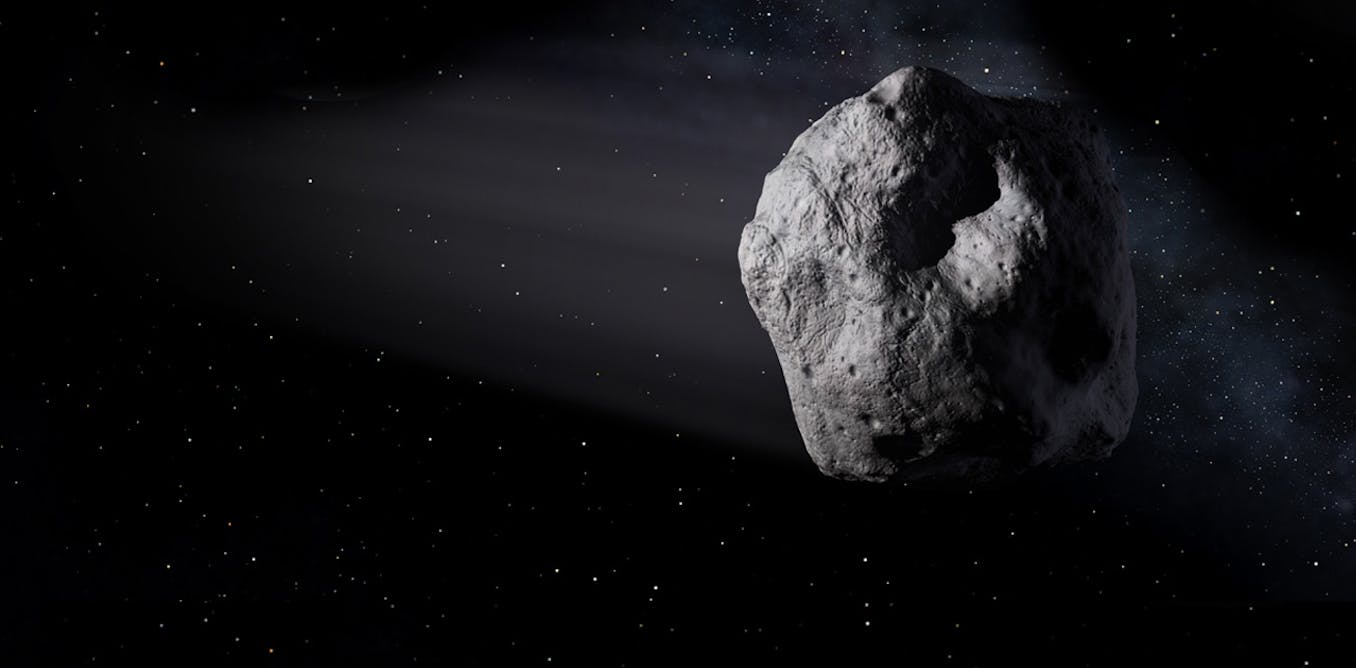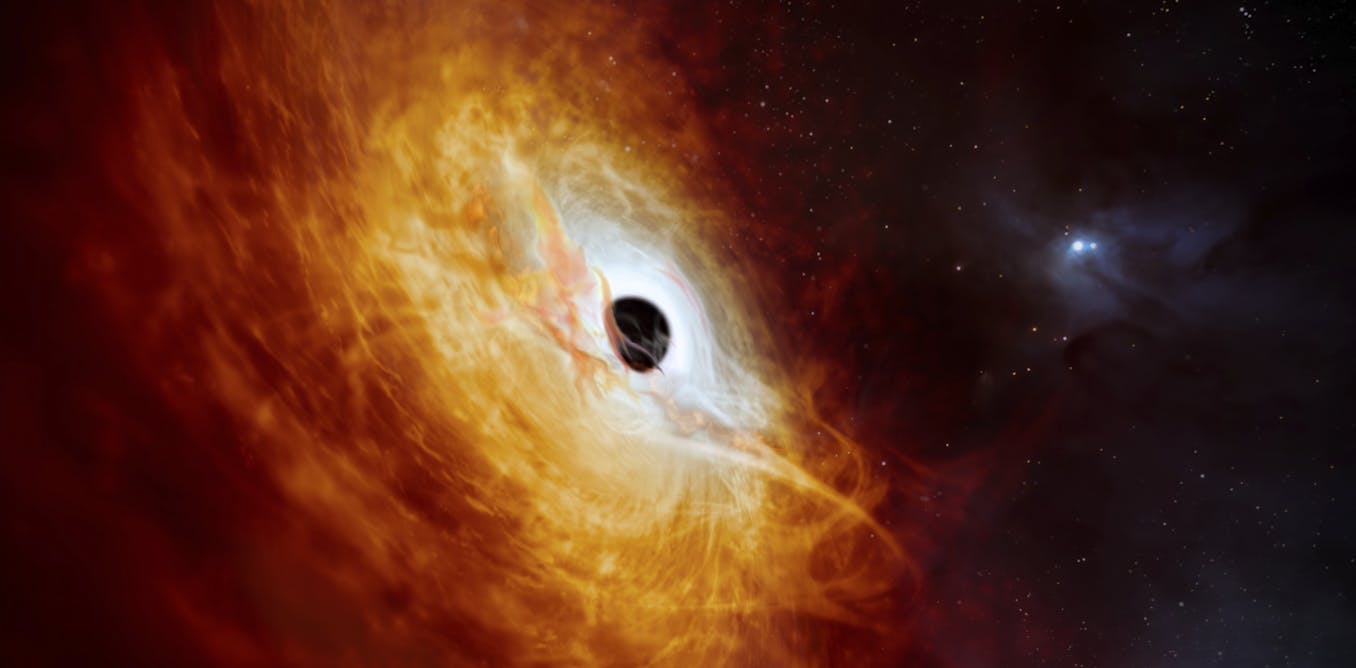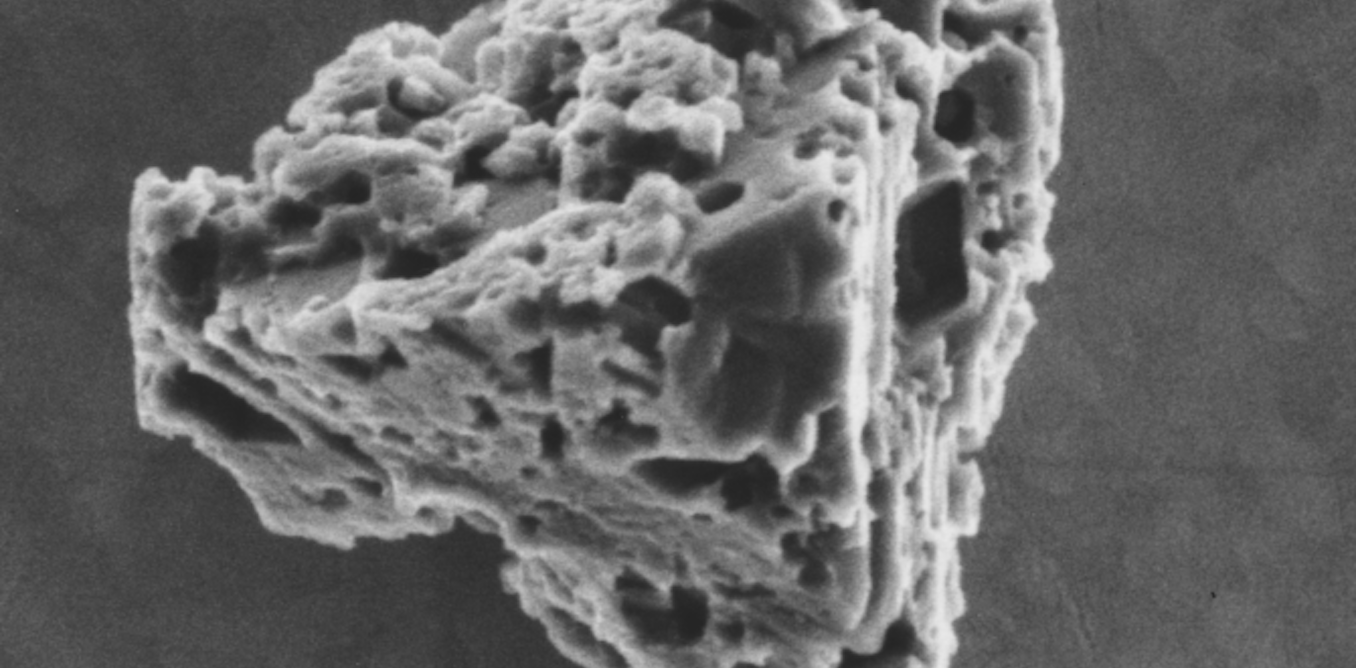The earliest galaxies formed amazingly fast after the Big Bang. Do they break the universe or change its age?
Some of the earliest galaxies found with JWST are also the brightest. That’s a problem for our ideas about the universe.
Oct. 3, 2024 • ~16 min


